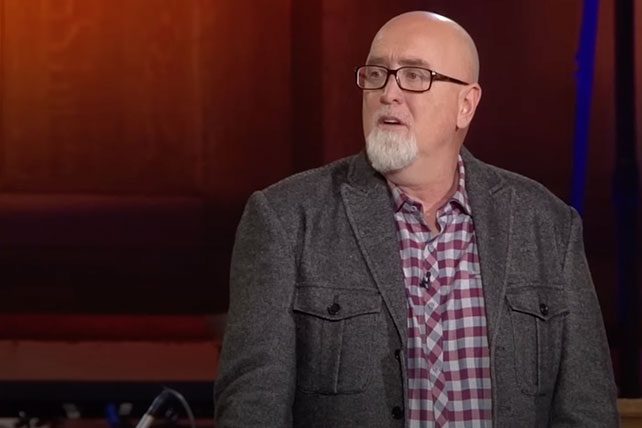Walk in the Word donors are told that “every dollar” they contribute “goes directly” into buying airtime to spread the Gospel. Yet, funds from that ministry also went toward a fenced deer herd that’s maintained on the Camp Harvest property. Proceeds from the hunting fees ($6,000 to $8,000 per deer) go toward the camp’s scholarship fund, according to Harvest. However, Langdon says the proceeds were originally supposed to go toward church-planting efforts.
Shifting funds among various arms of the church is “immoral,” according to Ministry Watch founder Rusty Leonard, who says donor intent should be honored. The practice isn’t illegal, however, as long as there’s a disclosure that money may go into a general fund.
Langdon, HBF’s former financial director, also indicated that 20 percent of Harvest’s budget was available only to an executive committee comprised of several elders and MacDonald. That committee, according to church bylaws, has “sole responsibility” for approving salaries for MacDonald and senior staffers, as well as the church’s annual budget.
But Robert Jones, former elder board chairman at Harvest, says, “Pastor James is entirely uninvolved in…setting his own compensation.” Jones, who says he’s worked with MacDonald for more than two decades, emphasized to World Magazine that the pastor’s “character is not in question.”
MacDonald’s lifestyle also is under the microscope, as his recently purchased house has an estimated market value of more than $2 million. The appraisal indicates that the dwelling has almost 7,000 square feet of living area, plus a 10-car garage.
After reviewing Harvest’s finances, the Evangelical Council for Financial Accountability (ECFA) released a statement saying the church “is in full compliance” with its stewardship standards. Jones says ECFA president Dan Busby called MacDonald’s salary “unremarkable.”
Roys Releases Text Messages Obtained Through Subpoena
While defending herself against Harvest’s lawsuit, Roys gained access, via subpoena, of several text exchanges. On her website on December 18, Roys shares correspondence that places the church, MacDonald and other Harvest leaders in an unfavorable light.
In November 2017, for example, Harvest elder Randy Williams texted that he’s “had it with the deceitfulness and manipulation.” He added that an elder report about various governance and financial issues “is beyond my comprehension of anything but an attempt to run a cult and control the masses.”
Williams also texts that “it’s become increasingly clear that [MacDonald] is unwilling to yield to at least my view of elder authority.” Noting that Harvest’s “spin campaign” is in full force, Williams writes, “I don’t see anything short of a public media exposé getting James on his knees [in repentance].”
In a text discussion about the Great Commission Collective, which essentially replaced HBF, pastor Brian White wrote: “The problem is James. His control, his manipulation, his anger, his torching of others to protect his reputation, the wake of his irresponsible financial stewardship and direction of his organization.”
That text thread also included comments from former Harvest pastor Bill Borinstein, who cited “a blatant lack of transparency,” “a culture of fear,” and public “lying.” Citing 1 Timothy 3:2, which sets standards for biblical leaders, Borinstein notes, “What we have seen and experienced is not above reproach.”
After Roys released the communications, Harvest filed an emergency motion to seal the subpoenaed documents. When a judge denied that, Harvest filed a regular motion, slated to be heard in January.

